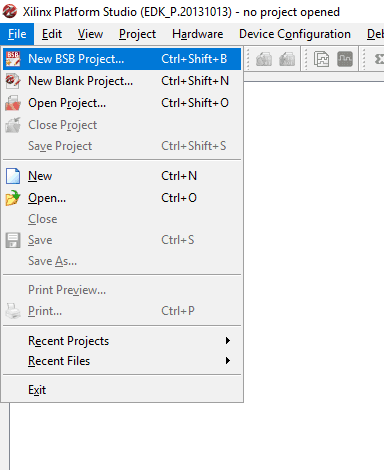

No-X11-forwarding Don't allow X11 forwarding for this connection No-agent-forwarding Don't allow agent forwarding for this connection

No-port-forwarding Don't allow port forwarding for this Restrictions are comma separated, with double quotes around spaces in arguments. Subset (keys with unknown restrictions are ignored). This is the same format as used by OpenSSH, though the restrictions are a Īnd can be extracted from a Dropbear private host key with "dropbearkey -y". ~/.ssh/authorized_keys can be set up to allow remote login with a RSA or DSS key. I idle_timeout Disconnect the session if no traffic is transmitted or received for idle_timeout seconds. The trade-off is that a session may be closed if there is a temporary lapse of network connectivity. This is useful for working around firewalls or routers that drop connections after aĬertain period of inactivity. K timeout_seconds Ensure that traffic is transmitted at a certain interval in seconds. Increasing this may improve network performance at the expense of memory use. W windowsize Specify the per-channel receive window buffer size. a Allow remote hosts to connect to forwarded ports. If not specified, the default is /var/run/dropbear.pid P pidfile Specify a pidfile to create when running as a daemon. Use this option to run dropbear under TCP/IP servers like inetd, tcpsvd, or tcpserver. up to 10 can be specified (default 22 if none If just a port is given listen on all addresses.

p port Listen on specified address and TCP port. m Don't display the message of the day on login. E Log to standard error rather than syslog. Use the contents of the file rsakey for the rsa host key (default: /etc/dropbear/dropbear_rsa_host_key). This file is generated with dropbearkey(8). Implementations use the term "DSA" rather than "DSS", they mean the same thing. Use the contents of the file dsskey for the DSS host key (default: /etc/dropbear/dropbear_dss_host_key). Display the contents of the file banner before user login (default: none).


 0 kommentar(er)
0 kommentar(er)
